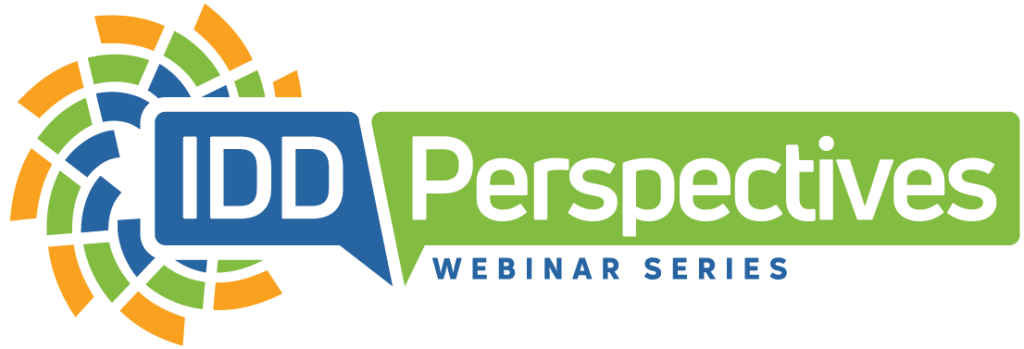
Developmental Disabilities Awareness Month Emphasizes the Importance of Education to Remove Obstacles for Disabled Americans
Clearwater, March 11, 2024
By Daniel Mutter
The theme of March’s Developmental Disabilities Awareness Month is “A World of Opportunities,” which is about celebrating people and working together to remove obstacles. One such obstacle includes equitable healthcare access, which continues to lead to poor health outcomes for Americans with developmental disabilities.
In 1987, President Reagan recognized March as Developmental Disabilities Awareness Month to increase “public awareness of the needs and the potential of Americans with developmental disabilities” and to provide the “encouragement and opportunities they need to lead productive lives and to achieve their full potential.” (1)
Over 35 years later, great strides have been made to increase access and create opportunities for people with developmental disabilities. Yet, when it comes to health and wellness, managed care and healthcare organizations continue to struggle with providing adequate care for disabled persons.
According to a study published in Health Affairs, titled Advancing Health Equity and Reducing Health Disparities for People with Disabilities in the United States, people with disabilities are more likely to report poor health and experience higher rates of chronic health conditions than non-disabled people. Disabled adults were more likely to experience chronic conditions such as cardiac disease, diabetes, higher weight, asthma, and lack of emotional support. (2)
“If you aren’t healthy, if you’re suffering from undiagnosed conditions, then you’re not going to be able to participate as fully in life and be fully included in society because you’ll be in pain, or the hospital, or worse, you could die prematurely,” says Dr. Craig Escudé, President of IntellectAbility. “One of the biggest things we can do to remove obstacles for people with disabilities is to improve access to capable and competent healthcare.”
Healthcare workers are offered little to no training in how to properly care for patients with intellectual and developmental disabilities (IDD). As a result, healthcare workers operate under the assumption that people with developmental disabilities don’t have the same quality of life as people without disabilities. When healthcare workers believe their patients do not have a good quality of life, they’re far less likely to provide the support and services needed to improve overall health.
IntellectAbility provides tools and training to aid managed care organizations, healthcare workers, direct support professionals, and case managers in recognizing the unique presentations of common medical conditions that can lead to death, including aspiration, constipation, bowel obstruction, seizures, dehydration, and sepsis.
“Improvements in training can help clinicians recognize common health conditions earlier, empowering them to make the right diagnosis and ensuring they create a proper care plan for patients with disabilities,” says Escudé. “Education is the key to reducing health risk and allowing people with IDD to live fuller lives and become valuable members of their communities.”
IntellectAbility provides tools and training to agencies, governmental entities, and supporters of people with intellectual and developmental disabilities to foster early recognition and mitigation of health risks, thereby improving health and wellness. One such tool is the Health Risk Screening Tool (HRST), of which they are the sole developer, producer, and distributor. The web-based HRST is the most widely used and validated health risk screening instrument for people with intellectual and developmental disabilities.
IntellectAbility also provides numerous health-related and person-centered service training for supporters of people with IDD. With an unrelenting focus, IntellectAbility aims to improve health and quality of life for people with intellectual and developmental disabilities and other at-risk populations. For more information, visit www.ReplacingRisk.com
Sources:
1. https://nacdd.org/ddam1/
2. https://www.healthaffairs.org/doi/10.1377/hlthaff.2022.00499
Author Daniel Mutter can be reached at Daniel (at) mutterworks.com
Published in the EIN Presswire




